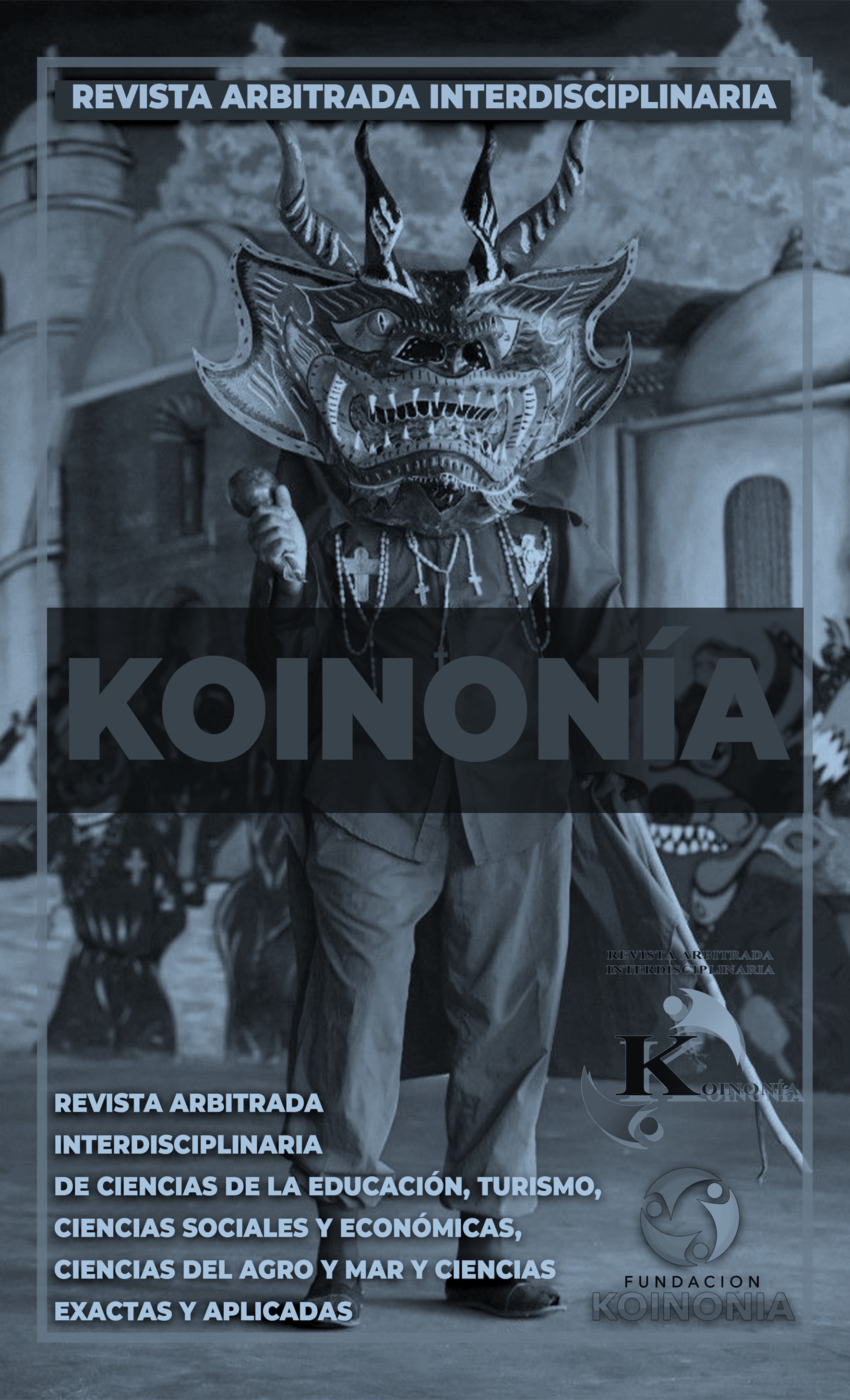Budget transparency in local governments: an analysis of NICSP application
DOI:
https://doi.org/10.35381/r.k.v10i1.4496Keywords:
Accounting, government, budget, (UNESCO Thesaurus).Abstract
The International Public Sector Accounting Standards (IPSAS) are accounting guidelines that seek to ensure transparency and accuracy in the management of public resources, allowing a better evaluation of financial management in the public sector. This study addresses the problem of how to evaluate budget execution within the framework of IPSAS in the decentralized autonomous municipal governments of the province of Sucumbíos, Ecuador. The objective was to design follow-up and monitoring strategies for the evaluation of budget execution. A non-experimental design and a mixed approach were used, combining quantitative and qualitative techniques, with a sample of 33 officials from the 7 GADs of the province. The results showed that 55% of the local governments have partially adopted IPSAS, with barriers such as lack of training and resources. It is concluded that it is necessary to strengthen training, political commitment and control systems to improve transparency and efficiency in public management.
Downloads
References
Carvajal, A. (2024). Análisis del principio de devengado en la contabilidad gubernamental de Ecuador. Dirección y Organización, 82(82), 59-71. https://doi.org/10.37610/dyo.v0i82.660
Código Orgánico de Organización Territorial Autonomía y Descentralización. (2024). Código orgánico de organización territorial, autonomía y descentralización, 303, 1-239. https://n9.cl/g9a81
Cormann, M., Díaz, S., Salazar, J., y Urpilainen, J. (2024). Perspectivas económicas de América Latina 2024: Prefacio. https://goo.su/o7Blubq
Deloitte Touche Tohmatsu Limited. (2020). ¿Por qué adoptar las NICSP?. https://n9.cl/oxu9i
Espinal, E., y Toaza, S. (2023). Integración de la contabilidad gubernamental y planificación presupuestaria. Revista Metropolitana de Ciencias Aplicadas, 7(1), 1-11. https://orcid.org/0000-0003-1780-8287
Gobernación de Sucumbíos. (2016). Rendición de cuentas 2016. https://n9.cl/14rsl
Ministerio de Economía y Finanzas Perú. (2022). NICSP 24: Presentación de información del presupuesto en los estados financieros. https://n9.cl/8n2oki
Naulaguari, M., Vásconez, L., y Narváez, X. (2024). Fortalecimiento de competencias en contabilidad gubernamental: Desafíos y estrategias educativas. Αγαη, 15(1), 37-48.
Pérez, A., y Rodríguez, A. (2017). Métodos científicos de indagación y de construcción de conocimiento. Revista Escuela de Administración de Negocios, 82, 179-200.
Rayo, A. (2020). Supervision and control of the European Union Budget. Revista de Derecho Comunitario Europeo, 2020(67), 797-831. https://doi.org/10.18042/cepc/rdce.67.02
Reyes, J., Reyes, N., y Cárdenas, J. (2019). Contabilidad gubernamental y normas internacionales de contabilidad para el sector público ecuatoriano. Revista Venezolana de Gerencia, 24(88), 1179-1198. https://doi.org/10.37960/revista.v24i88.30172
Vaicilla, M. M., Narváez Zurita, C. I., Erazo Álvarez, J. C., y Torres Palacios, M. M. (2020). Transparencia y efectividad en la ejecución presupuestaria y contratación pública en los gobiernos cantonales. Revista Arbitrada Interdisciplinaria Koinonía, 5(10), 774-805. https://doi.org/10.35381/r.k.v5i10.716
Valle, D., Fernández, V., y Gil, R. (2023). Inteligencia artificial y planeación presupuestaria en México: Promesas y retos en América Latina para la asignación del gasto público. Revista del CLAD Reforma y Democracia, 85, 5-52. https://doi.org/10.69733/clad.ryd.n85.a234
Vera, R., y Rosa, J. (2024). Variación, distribución y ejecución del presupuesto del sector público en el Perú, por niveles de gobierno. Revista De Ciencias Sociales, 30(4), 461-472. https://doi.org/10.31876/rcs.v30i4.43043
Published
How to Cite
Issue
Section
License
Copyright (c) 2025 Flor María Ruiz-Calva, Myriam Alejandra Montero-Cobo

This work is licensed under a Creative Commons Attribution-NonCommercial-ShareAlike 4.0 International License.
CC BY-NC-SA : Esta licencia permite a los reutilizadores distribuir, remezclar, adaptar y construir sobre el material en cualquier medio o formato solo con fines no comerciales, y solo siempre y cuando se dé la atribución al creador. Si remezcla, adapta o construye sobre el material, debe licenciar el material modificado bajo términos idénticos.
OAI-PMH URL: https://fundacionkoinonia.com.ve/ojs/index.php/revistakoinonia/oai.









